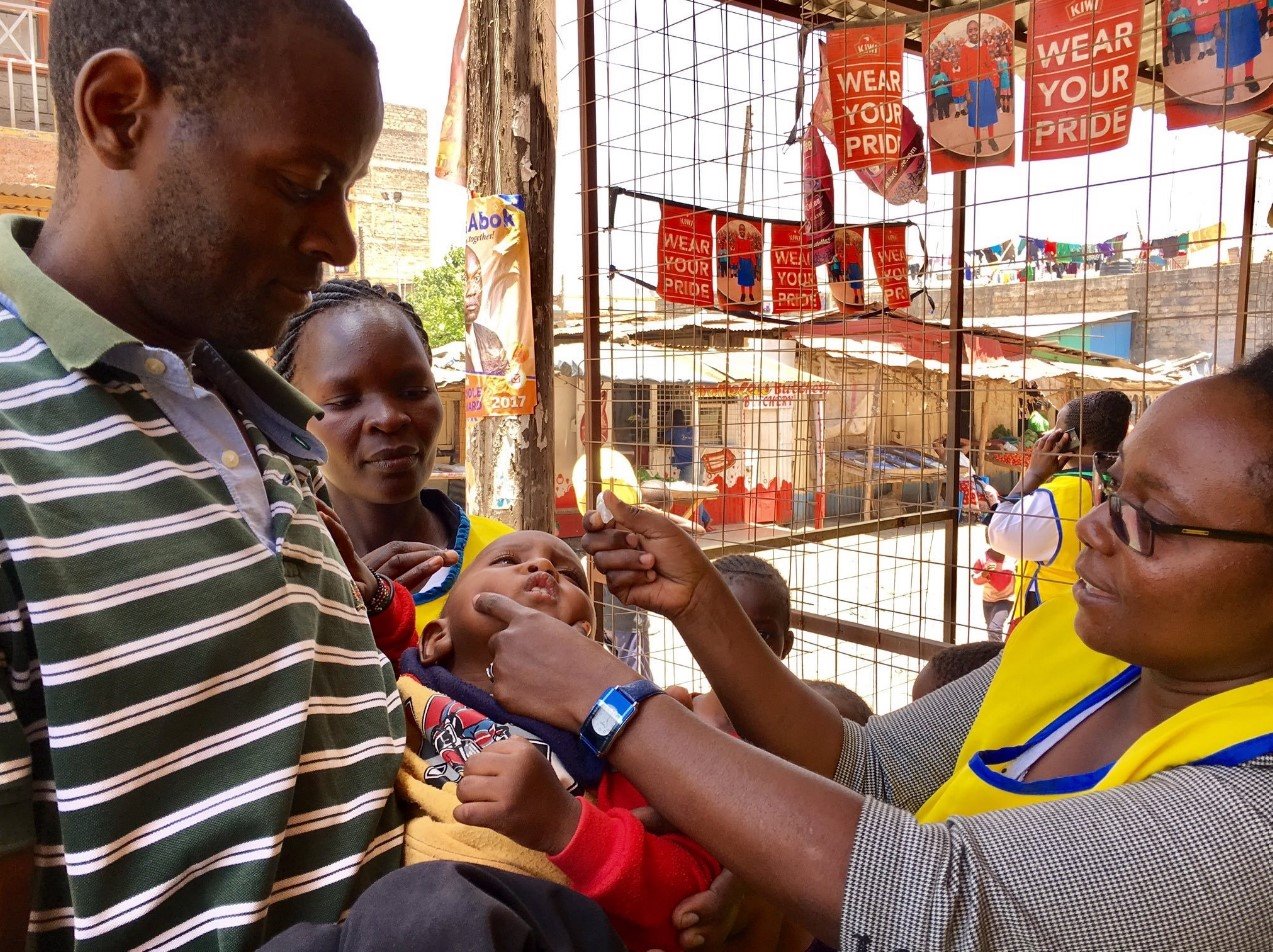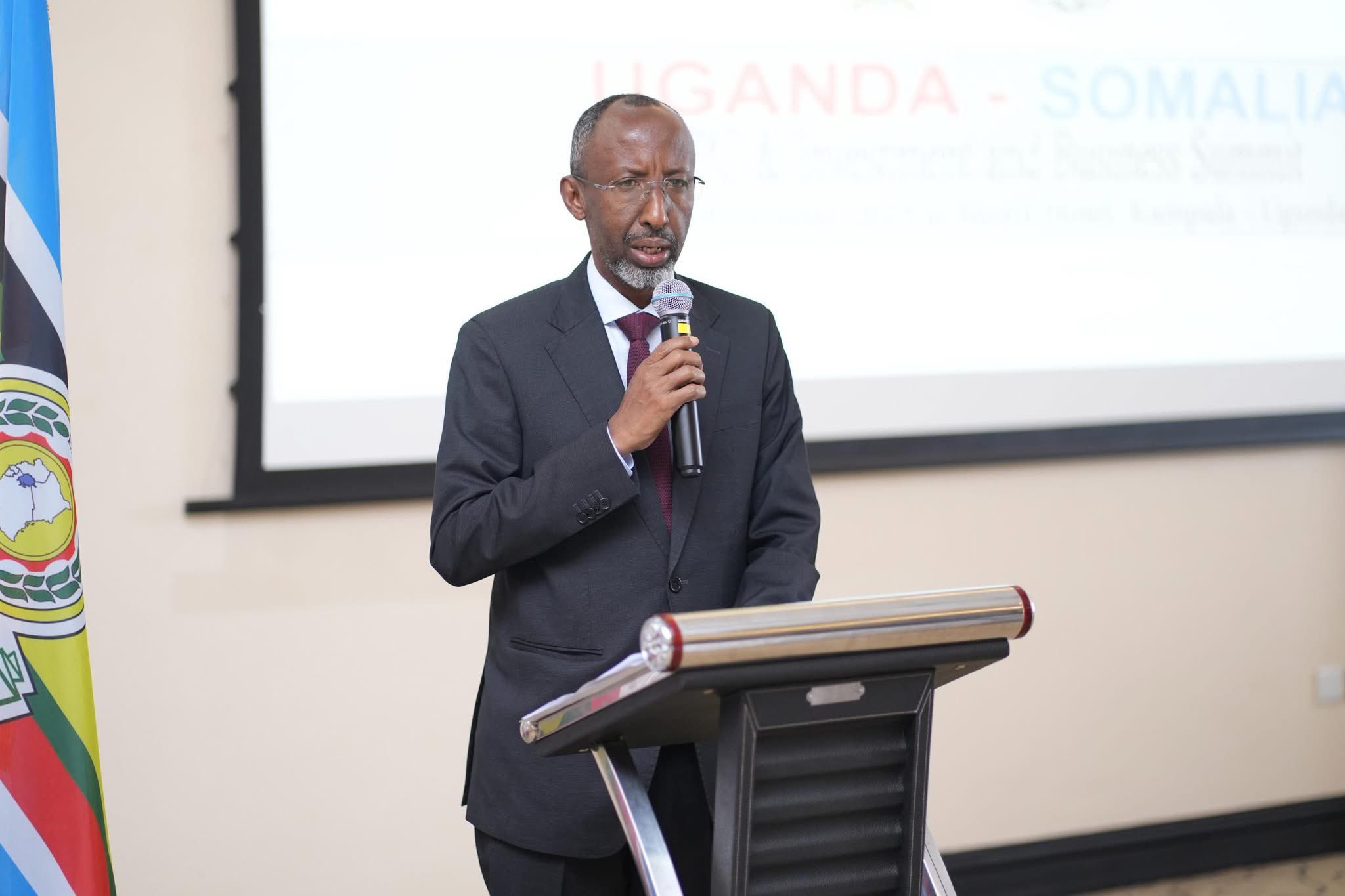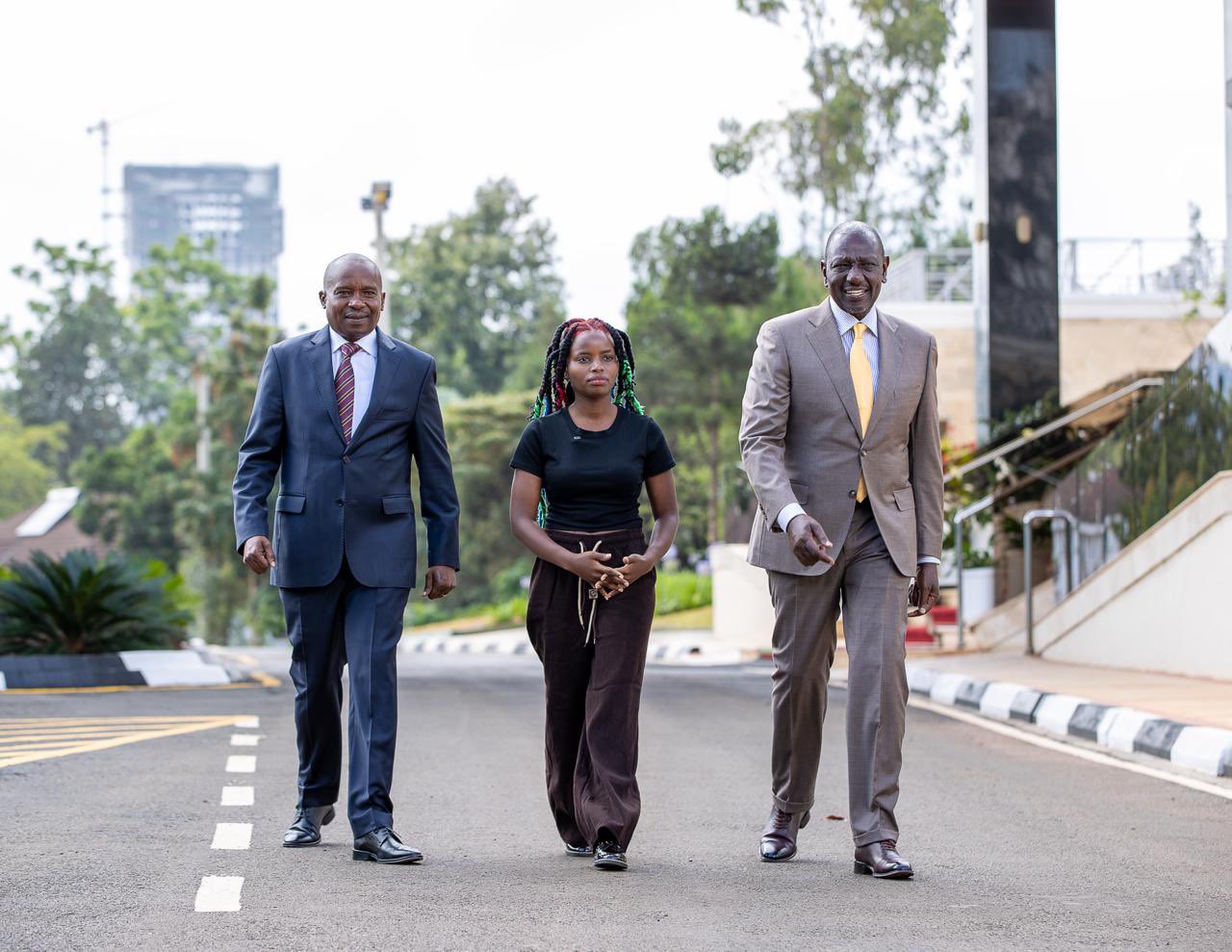Senate launches probe into polio vaccine after reports of adverse reactions

The Senate Health Committee plans to summon Ministry of Health officials to provide clarity on the vaccine’s safety profile and address growing public concerns.
The Senate has launched an investigation into the safety and effectiveness of the polio vaccine used in the recent nationwide immunisation campaign after 19 cases of adverse effects were reported.
The Senate Health Committee plans to summon Ministry of Health officials to provide clarity on the vaccine’s safety profile and address growing public concerns.
More To Read
- Global leaders pledge Sh246 billion to eradicate polio worldwide
- Explainer: Wild vs vaccine-derived polio - why both threaten Kenya’s progress
- Kenya launches new polio lab to boost regional virus surveillance
- Somalia issues nationwide alert as hepatitis cases surge
- Kenya to receive BCG, polio vaccines next month - Health CS Duale
- Explainer: Why your child needs that polio vaccine
“Provide detailed information on the adverse effects, if any, of the polio vaccines administered recently by the Ministry of Health,” nominated Senator Esther Okenyuri, who petitioned the committee to conduct a thorough inquiry said.
The Ministry of Health began administering the polio vaccine last month in response to an outbreak of Vaccine-Derived Poliovirus Type 2 (cVDPV2) in Kenya.
This year, at least five cases of the virus have been detected, including four in children from Kakuma Refugee Camp in Turkana and one case in Kamukunji, Nairobi. However, shortly after the vaccination drive, some parents reported severe side effects in their children, sparking a public outcry.
Parents shared on social media that their children experienced symptoms such as convulsions, diarrhoea, fever, and vomiting soon after receiving the vaccine. Concerns over the side effects fueled scepticism toward the vaccine, with many parents linking the symptoms directly to the immunisation.
The Ministry of Health acknowledged that 19 cases of adverse reactions were reported after the vaccination and that the Ministry, in collaboration with county health teams, had investigated the incidents.
"Normal occurrence"
Director General for Health, Patrick Amoth, however, assured the public that such reactions are a normal occurrence with vaccines and should not deter parents from immunising their children.
He noted that the campaign successfully vaccinated 3.6 million children out of a targeted 3.8 million.
“Adverse reactions are normal and should never be a reason for not presenting children to be immunised. We have done investigations and even visited the families of the affected children to reassure them that the reactions are normal and that all will be well,” Amoth said, urging parents to continue participating in vaccination efforts.
Director of Medical Services Jackson Kioko attributed the symptoms to seasonal flu rather than the vaccine itself.
“Kenya usually experiences increased flu cases twice a year,” he said, noting that the second spike typically occurs between July and October.
“This explains the increasing number of patients presenting with high-grade fever in health facilities,” he added.
The Ministry’s position contrasts with a recent World Health Organization (WHO) statement, which acknowledged that the Oral Polio Vaccine (OPV) used globally for disease prevention has occasionally been associated with virus reemergence in certain regions, including Kenya.
In her petition, Senator Okenyuri has requested clarity on how the Ministry of Health is handling the reported side effects and managing vaccine safety risks. The Senate Health Committee, chaired by Uasin Gishu Senator Jackson Mandago, is expected to evaluate the Ministry’s approach to balancing potential risks and benefits associated with the vaccine.
“Provide a detailed report on the current status of the polio vaccination campaign across the country, specifying the number of children vaccinated in each county and the particulars of the vaccines administered,” Senator Okenyuri urged.
The committee also aims to address rising vaccine hesitancy, calling for measures to prevent outbreaks of other preventable diseases. Additionally, the Senate will seek clarification on existing donor funding agreements, especially regarding vaccine provision and other essential health resources.
The polio vaccination campaign last month aimed to reach 3.8 million children under five across nine high-risk counties, including Nairobi, Busia, Bungoma, Turkana, Trans Nzoia, West Pokot, Kiambu, Machakos, and Kajiado.
Public Health PS Mary Muthoni reiterated the government’s commitment to eradicating polio and emphasised the importance of vaccination efforts in safeguarding public health.
Top Stories Today












































